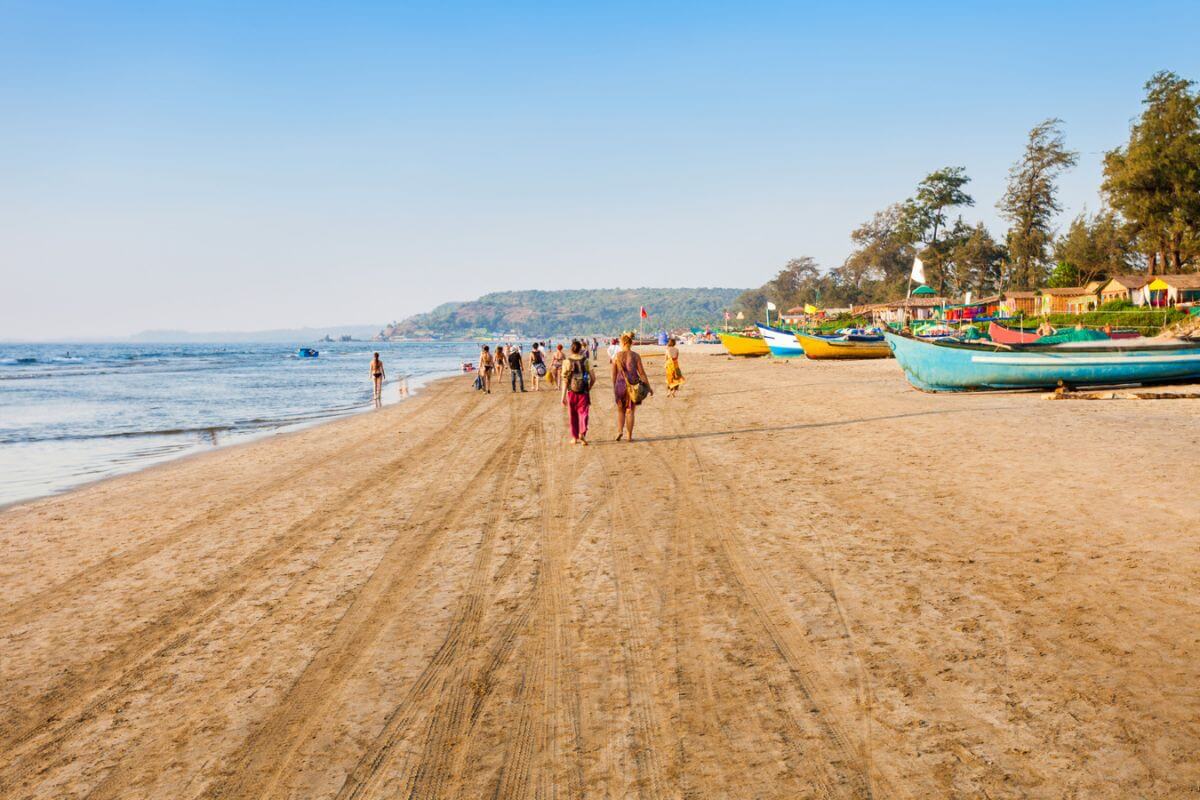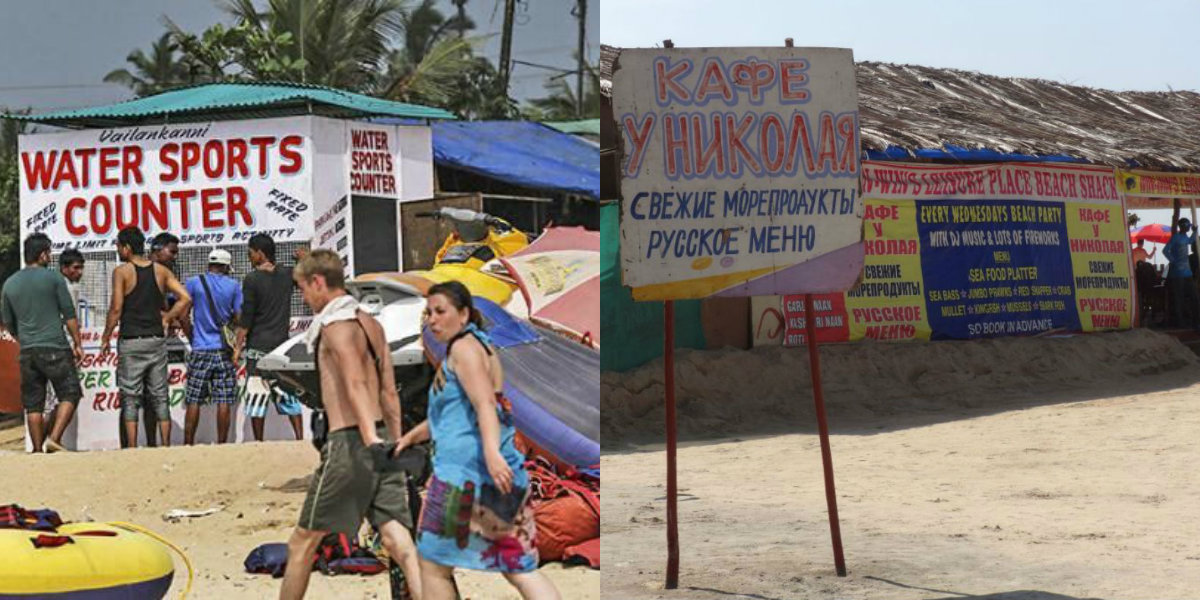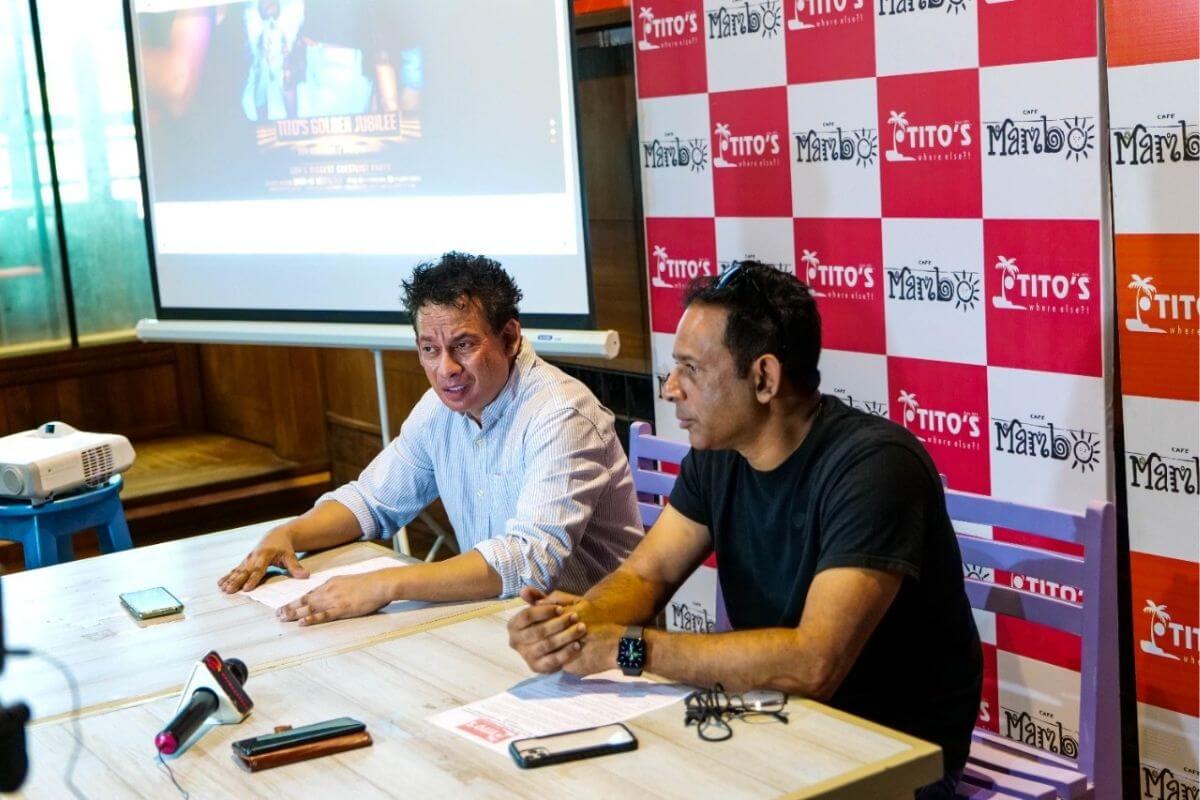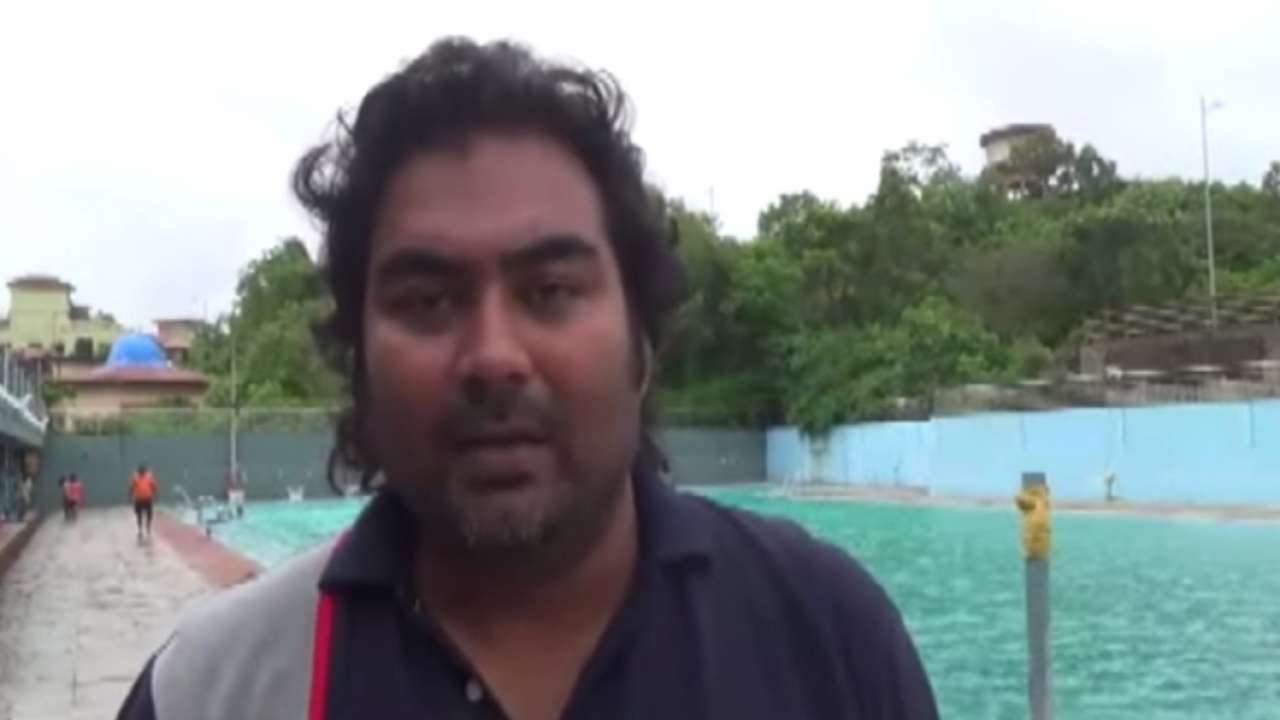Viewing the disastrous covid state in India, Australian Health Minister Greg Hunt announced a “temporary pause” on travelers who have visited India within 14 days of their intended arrival date in Australia. The penalty for failing to comply with the emergency determination under the Biosecurity Act, coming into effect at 12.01 am Monday, could attract a $66,600 fine or a five-year jail term.
This had left many Indian-Australians feeling betrayed and unfairly targeted by the federal government’s controversial decision to impose fines and jail terms on returning nationals. The Council of Indian Australians said there is a feeling in the Indian-Australian community they have been unfairly targeted.
“It’s a kick in the guts. It’s un-Australian and it’s unacceptable,” the council’s public officer Mohit Kumar said. Federation of Indian Associations of NSW president Yadu Singh said some members of the diaspora have said they hoped the announcement wasn’t part of any “racist dog-whistling”.
Former race discrimination commissioner Tim Soutphommasane reveals that there has been “an inconsistency” with how the federal government has treated arrivals from different countries during the pandemic.
“When COVID-19 was raging last year in the United States, the UK, and in countries across Europe, we didn’t see a ban on arrivals of people from Europe, let alone criminal penalties being threatened to Australian citizens seeking to return home. “This is a deeply concerning development and the government has some serious questions to answer” he added.
Australian citizen Mandeep Sharma is currently stuck in the Indian city of Kapurthala. He left Australia on 2 April to bury his father. Mr. Sharma had his return flight to Australia scheduled for 7 May canceled after a ban on flights from India was announced earlier in the week, and says the additional criminalization measures are insulting.
“In our hour of need, [the Australian government] has abandoned and betrayed us. That was a really heartbreaking moment because, my two daughters and my wife, they are alone in Adelaide.”
Australian barrister, human rights and refugee advocate Julian Burnside says he was “horrified” by the government’s move to ban arrivals from India and says Australia could easily accommodate returning nationals.
“We could have them in home detention, with ankle bracelets if necessary to make sure they stay home where they’re supposed to be. We could use places like Christmas Island. The government is very good at establishing large places for people from overseas that they do not want here. These are Australian citizens, they’re entitled to be here” he said.
However Foreign Minister Marise Payne on Sunday “absolutely” rejected any suggestions of racism, saying the temporary measure was “entirely founded” on health advice, and in response to the burden placed on the hotel quarantine system.
“The experience we have had in the month preceding this decision that was 57 percent of positive cases in quarantine had been arrivals from India – up 10 percent from the previous month,” she told reporters in Canberra.
Senator Payne said she recognized the “very, very difficult circumstances” occurring in India and that Indian-Australians were worried about their families overseas. Treasurer Josh Frydenberg has also defended the policy change, saying on Saturday while it was “drastic” it would ultimately “keep Australians safe”.
Meanwhile, a new poll conducted shows only one in three voters believe the federal government should do more to help stranded Australians return home during the coronavirus pandemic, while an overwhelming majority are happy with how Australia has tackled the health crisis so far.
The federal government has faced fierce criticism from Labour and many expatriates, who have accused it of not moving fast enough to return stranded Australians home during the pandemic.
A poll of more than 2,200 Australians was used in this new research commissioned by the Lowy Institute. Fifty-nine percent of people polled said the government had given an appropriate amount of support to Australians overseas, with only 33 percent saying it had not done enough.
Seven percent said the government had actually done too much to help those stranded. Sixty-five percent of those polled said Australia had done “very well” tackling the pandemic, up from 43 percent last year. A further 30 percent said Australia had simply done “fairly well.”
The Lowy Institute’s Natasha Kassam said while the poll was conducted before the COVID-19 crisis engulfed India, most Australians still seemed comfortable with the government’s policies. There was also extraordinarily strong support for Australia’s broader efforts to manage the pandemic.
Ms Kassam said the vast majority of Australians felt that governments had handled the crisis competently, which had restored flagging levels of trust in public institutions. “Australian support for democracy has gone up in the past year, trust in Australian government has gone up in the past year, and Australians have been very willing to sacrifice personal freedoms in the name of this public health threat,” she said.
The Lowy poll also showed some sharp splits over the government’s decision to keep Australia’s borders closed. While 41 percent of respondents backed the current policy which only allows Australians to leave the country with a special exemption, 40 percent said vaccinated Australians should be able to leave.
However, attitudes towards the performance of other countries haven’t shifted much from last year’s poll. Even though the United States has successfully rolled out vaccines to vast swathes of its population, only seven percent of Australians said the country had handled COVID-19 “fairly well.” 68 percent said the US had handled the pandemic “very badly” while 24 percent said it had done “fairly badly.”
In contrast, 45 percent of Australians said China had done “very well” or “fairly well” tackling the pandemic, up from 31 percent in 2020. There were also extremely high levels of support for federal government efforts to roll out vaccines to developing countries in the region. 83 percent of those polled said Australia should provide financial support to Pacific Island countries to help them secure COVID-19 vaccines, while 60 percent said Australia should provide support to South-East Asian countries.



























